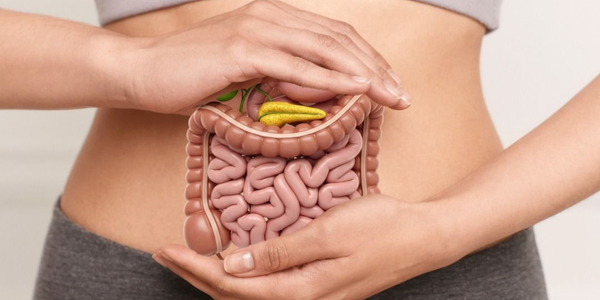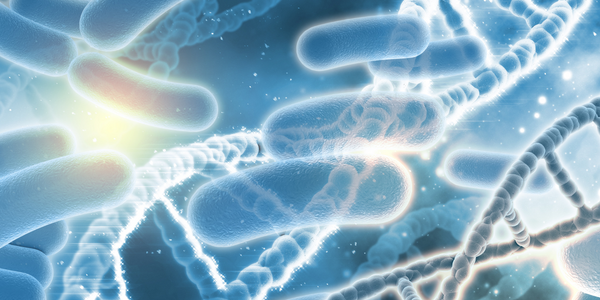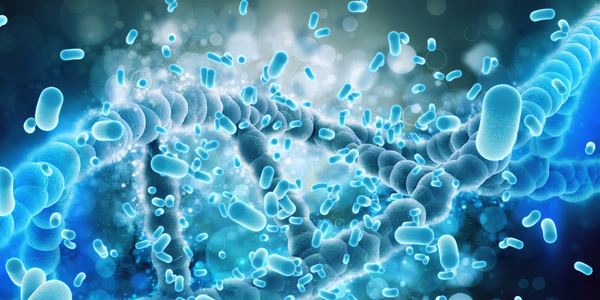What Foods To Avoid For Acidity?
No one wants to end their meal with a bitter-sour taste in their mouth and a burning sensation in their chest. But if you are someone who experiences this frequently, which is a sure shot sign of chronic acidity, then perhaps it is time to visit a doctor or make some profound changes to your dietary habits.
A common symptom of heartburn and acid reflux, acidity, is an uncomfortable condition, which one could experience in varying degrees at any given point in time. While experiencing acidity, there is excessive secretion of hydrochloric acid by the gastric glands. This acid plays an instrumental role in digesting food and breaking it into simpler forms.
To overcome this gastric condition, you need first to be mindful of the foods to avoid for acidity in your diet that could be triggering the symptoms. Once you figure that out, you'll be able to overcome the condition by simply eliminating these foods from your diet. Let us look at some of these foods in detail.
Foods To Avoid For Acidity
Diet plays a vital role in managing acidity. Just the way there are certain acidic foods that, when included in your diet, can help maintain your body's pH balance, there are some items, when eliminated, can help you relieve acidity-related discomfort. Read on to find out what foods to avoid for acidity.
High-Fat Foods
Fatty meats, whipped cream, fast foods (like burgers, fries, pizzas), processed food, and snacks, among other things, are all examples of high-fat foods. These trigger the hormone cholecystokinin (CCK) release, which eases the lower esophageal sphincter, causing acid reflux.

Spicy Foods:
These foods contain a compound known as capsaicin, which may cause digestion to slow down. This further results in the food staying in the stomach for a longer duration, increasing the risk of acid reflux and heartburn. Additionally, if you already have inflammation in your esophagus, spicy food would only trigger it further. Thus, it's best to avoid spicy foods altogether

Acidic Fruits and Juices:
Citrus fruits and juices have high acidity levels, which are likely to cause an imbalance in the body's pH levels and result in gastrointestinal issues like acidity and heartburn. Oranges, lemon, sweet lime, grapefruit, among others, are examples of these fruits. These fruits are categorized as reflexogenic, which means that they are likely to cause or worsen reflux. Such acidic foods to avoid are crucial in managing your acidity.

Alcohol:

Caffeinated beverages:
Beverages like coffee and tea with caffeine are harmful to those prone to acidity. While caffeine tends to stimulate the release of gastrin, a hormone that secretes gastric juice necessary for digestion, too much of it can cause the lower esophageal sphincter to relax, causing the stomach acid to leak out, triggering acidity.

Refined/white flour products:

High-Sugar Foods:
Sugar alone doesn't trigger acidity, but when combined with ingredients that do, it can cause acidity and heartburn. Foods like cakes, chocolate, cookies, and other desserts are a few examples. Your diet can play an essential role in either preventing or causing acidity. Knowing which foods to avoid acidity and which to have is vital for managing or reducing the risk of acidity. Replace acidic foods with alkaline ones such as fruits and vegetables rich in dietary fiber, probiotics, and whole grains.

You can also try out Wellbeing Nutrition's Probiotic + Prebiotic as it provides support to your digestive health, neutralizes toxins, improves metabolism, and helps prevent other gut-related issues. With 36 billion (CFU) active live cultures per serving, your gut microbiome will thrive and be healthy, ridding it of all digestive problems like constipation.
References:
- Newberry C, Lynch K. The role of diet in the development and management of gastroesophageal reflux disease: why we feel the burn. J Thorac Dis. 2019;11(Suppl 12):S1594-S1601. doi:10.21037/jtd.2019.06.42. (https://www.ncbi.nlm.nih.gov/pmc/articles/PMC6702398/)
- Surdea-Blaga T, Negrutiu DE, Palage M, Dumitrascu DL. Food and Gastroesophageal Reflux Disease. Curr Med Chem. 2019;26(19):3497-3511. doi: 10.2174/0929867324666170515123807. PMID: 28521699. (https://pubmed.ncbi.nlm.nih.gov/28521699/)
- The effects of capsaicin on reflux, gastric emptying and dyspepsia, S Rodriguez-Stanley, K L Collings, Mykia Robinson, W Owen, February 2000, Alimentary Pharmacology & Therapeutics 14(1):129-34
DOI:10.1046/j.1365-2036.2000.00682.(https://www.researchgate.net/publication/12681115_The_effects_of_capsaicin_on_reflux_gastric_emptying_and_dyspepsia#:~:text=Acute%20administration%20of%20capsaicin%20induces,reflux%20%5B17%2C%2018%5D.) - Kubo A, Block G, Quesenberry CP Jr, Buffler P, Corley DA. Dietary guideline adherence for gastroesophageal reflux disease. BMC Gastroenterol. 2014;14:144. Published 2014 Aug 14. doi:10.1186/1471-230X-14-144. (https://www.ncbi.nlm.nih.gov/pmc/articles/PMC4139138/)
- Chen SH, Wang JW, Li YM. Is alcohol consumption associated with gastroesophageal reflux disease? J Zhejiang Univ Sci B. 2010 Jun;11(6):423-8. doi: 10.1631/jzus.B1000013. PMID: 20506572; PMCID: PMC2880354. (https://pubmed.ncbi.nlm.nih.gov/20506572/)
- Thomas FB, Steinbaugh JT, Fromkes JJ, Mekhjian HS, Caldwell JH. Inhibitory effect of coffee on lower esophageal sphincter pressure. Gastroenterology. 1980 Dec;79(6):1262-6. PMID: 7002705. (https://pubmed.ncbi.nlm.nih.gov/7002705/)
- Fuhrman J. The Hidden Dangers of Fast and Processed Food. Am J Lifestyle Med. 2018;12(5):375-381. Published 2018 Apr 3. doi:10.1177/1559827618766483. (https://www.ncbi.nlm.nih.gov/pmc/articles/PMC6146358/)


























Leave a comment